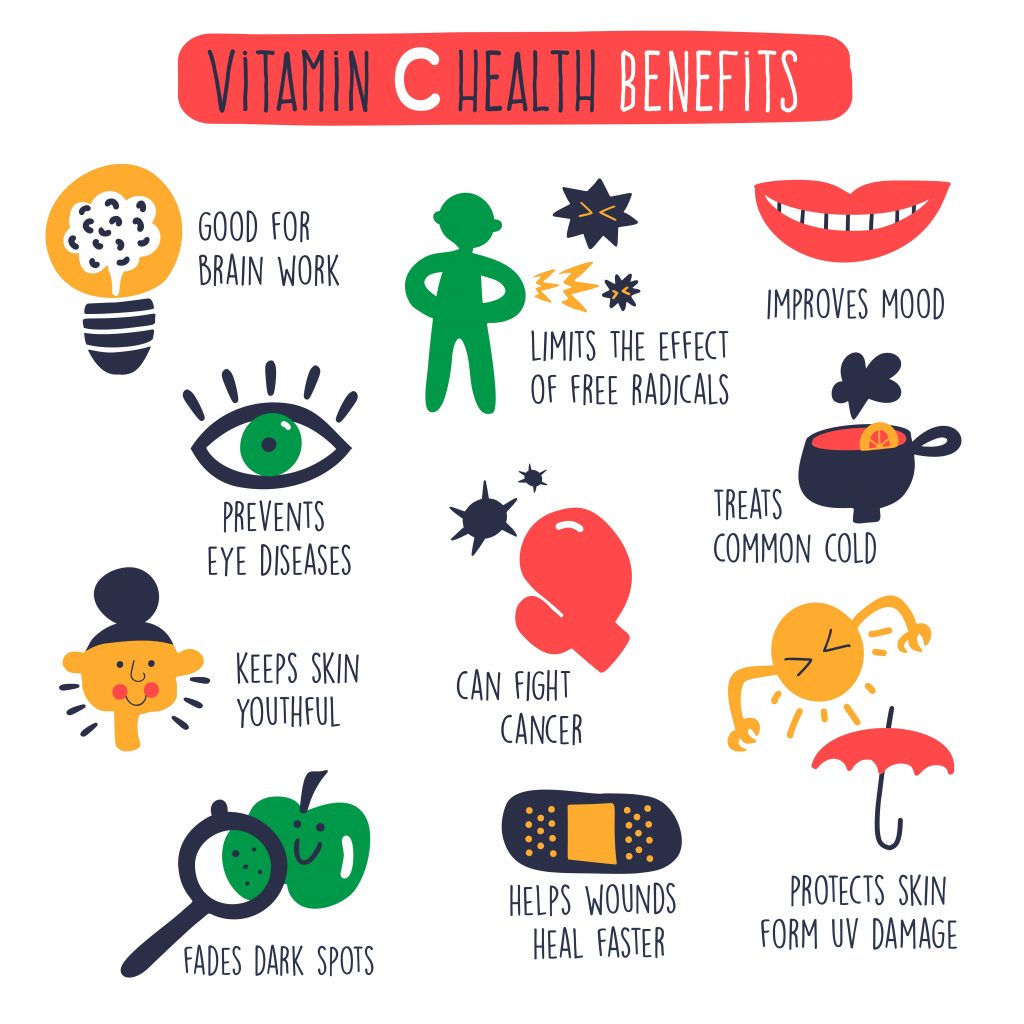Until now, lemons were treated as the leaders in the race of Vitamin C content, but it is the acerola fruit that is the greatest treasure of this vitamin. In comparative studies on the content of vitamin C in both species, acerola is spectacularly victorious.
Acerola fruits
Acerola commonly referred to as the Barbados cherry is a plant that is now increasingly appreciated. Occurs in the form of shrubs or low trees in both continents of America. The appearance of acerola fruit is very encouraging - they are spherical, intensely red, of small size and juicy core. The attractive appearance of acerola fruit is often considered to be incompatible with their intensely sour taste.
Acerola fruit is primarily a huge treasure of vitamin C (100 g of acerola fruit contains 1,400 - 2,500 mg of vitamin C). Particularly important is the fact that vitamin C derived from acerola is a natural vitamin. But this is not the only advantage of the Barbados cherry. They contain provitamin A, B vitamins (B1, B2 and B3) and a number of important elements (such as calcium, iron and phosphorus).
Why is Vitamin C important?
Vitamin C is a compound that supports the course of many processes in the body. Among other things, it participates in enzymatic transformations, production of hormones and in the metabolism of fats and bile acids. Ascorbic acid is also an antioxidant compound, i.e. a substance that reduces the harmful effects of free radicals. The consequence of the influence of free radicals on the body is the formation of gradual cell damage, which in effect are no longer able to work properly, and that’s why is it worth sweeping them out of our organism.
Ascorbic acid, being an antioxidant is not only a kind of defender of the body but also a preservative used in the food industry. Another property of vitamin C is the antispasmodic effect on blood vessels and the ability to improve the functioning of the vascular endothelium by sealing it. The tight endothelium prevents the passage of harmful substances into the blood. Therefore, thanks to vitamin C, the body’s defence barriers are strengthened. However, it cannot be suggested that ascorbic acid increases the body’s immunity - of course, it affects the immune processes, but only on the principle of care for endothelial tightness.
Ascorbic acid, having its share in many enzymatic processes, is also responsible for collagen synthesis. Thus, it supports the maintenance of skin firmness and also accelerates the healing processes of wounds or fractures. In addition, vitamin C increases the ability to absorb iron and has a positive effect on the nervous system and the maintenance of normal psychological functions.

How much acerola to eat?
The recommended daily intake of vitamin C by an adult is 80 mg. It is easy to calculate than that it would be enough to eat between 3.2 and 5.7 g of acerola fruit daily to provide 100% of the daily requirement for vitamin C.
Symptoms of Vitamin C deficiency
The most known effects of ascorbic acid deficiency are accelerated ageing processes, increased cholesterol level, impaired wound healing, increased susceptibility of bones, ecchymosis (subcutaneous infiltration of blood from damaged blood vessels), weakness, lowered appetite, and oedema. What about vitamin C excess? Ascorbic acid is considered to be low toxic. It is not absorbed without restrictions, because its excessive amount is excreted with the urine.






